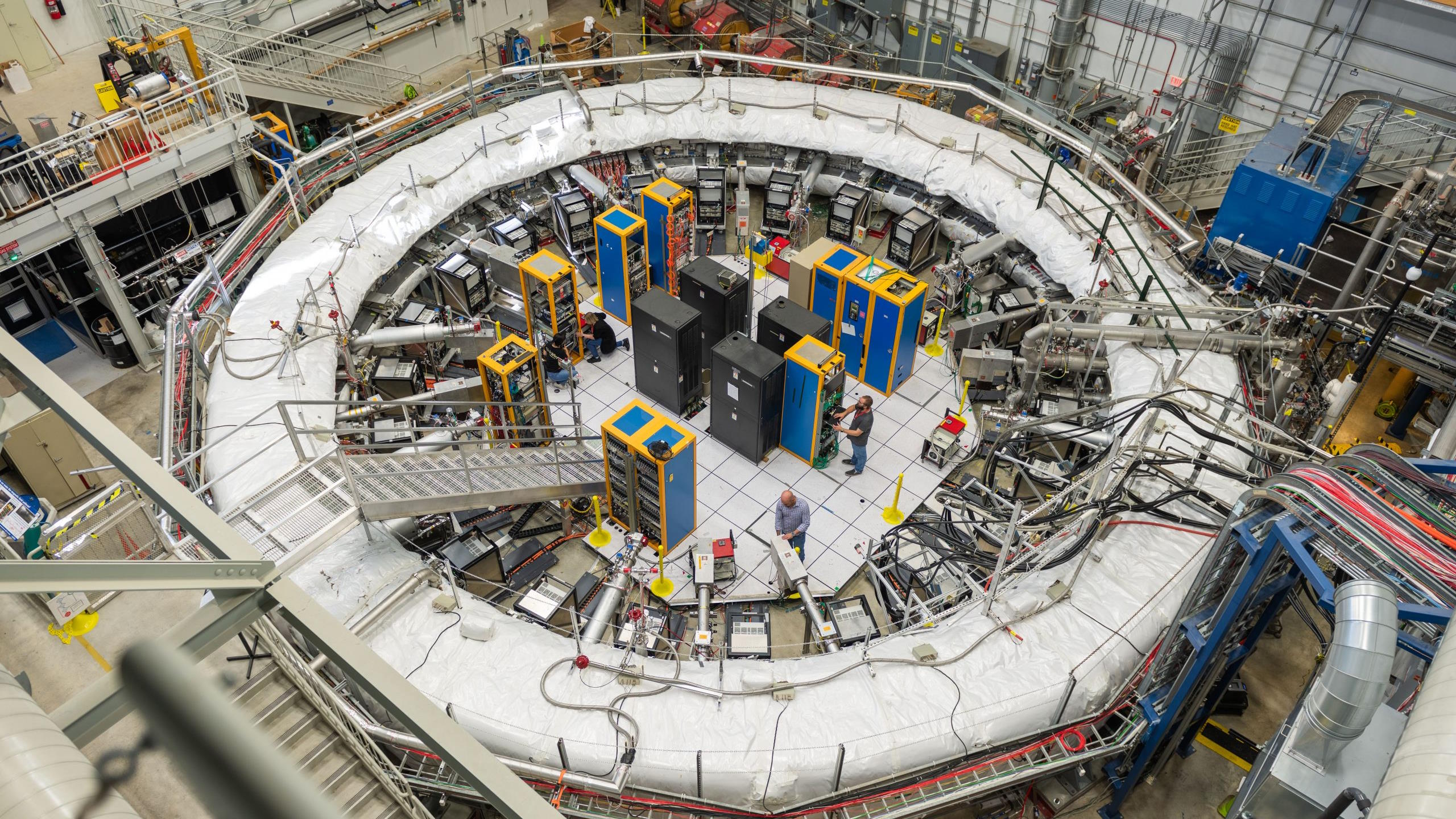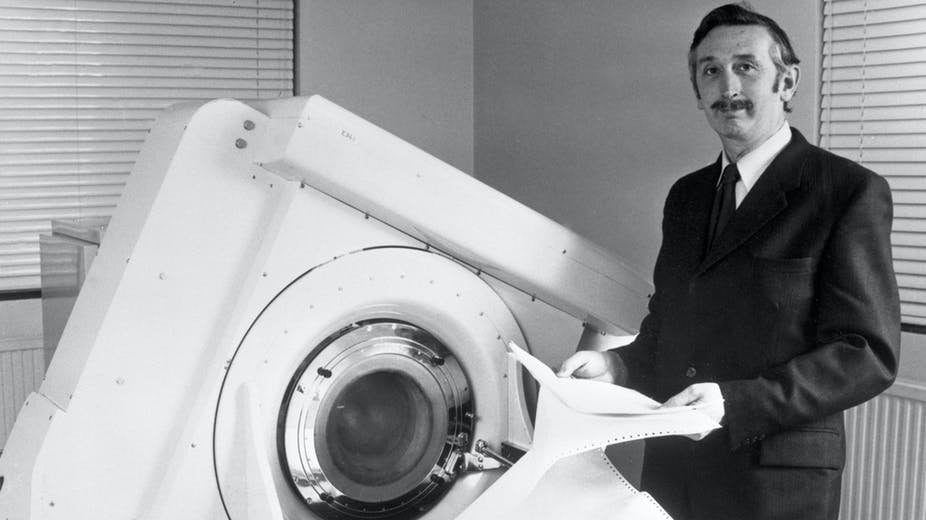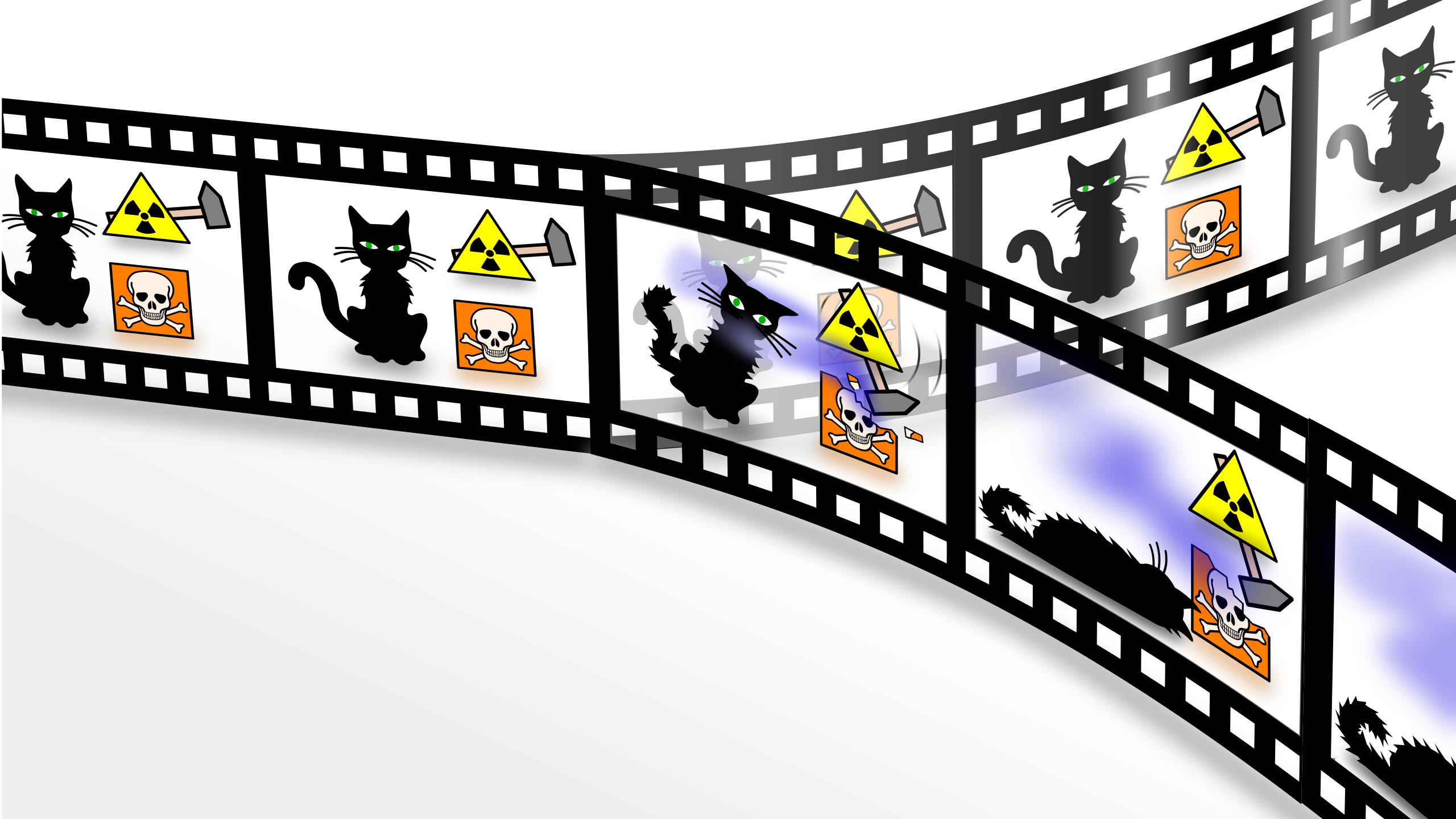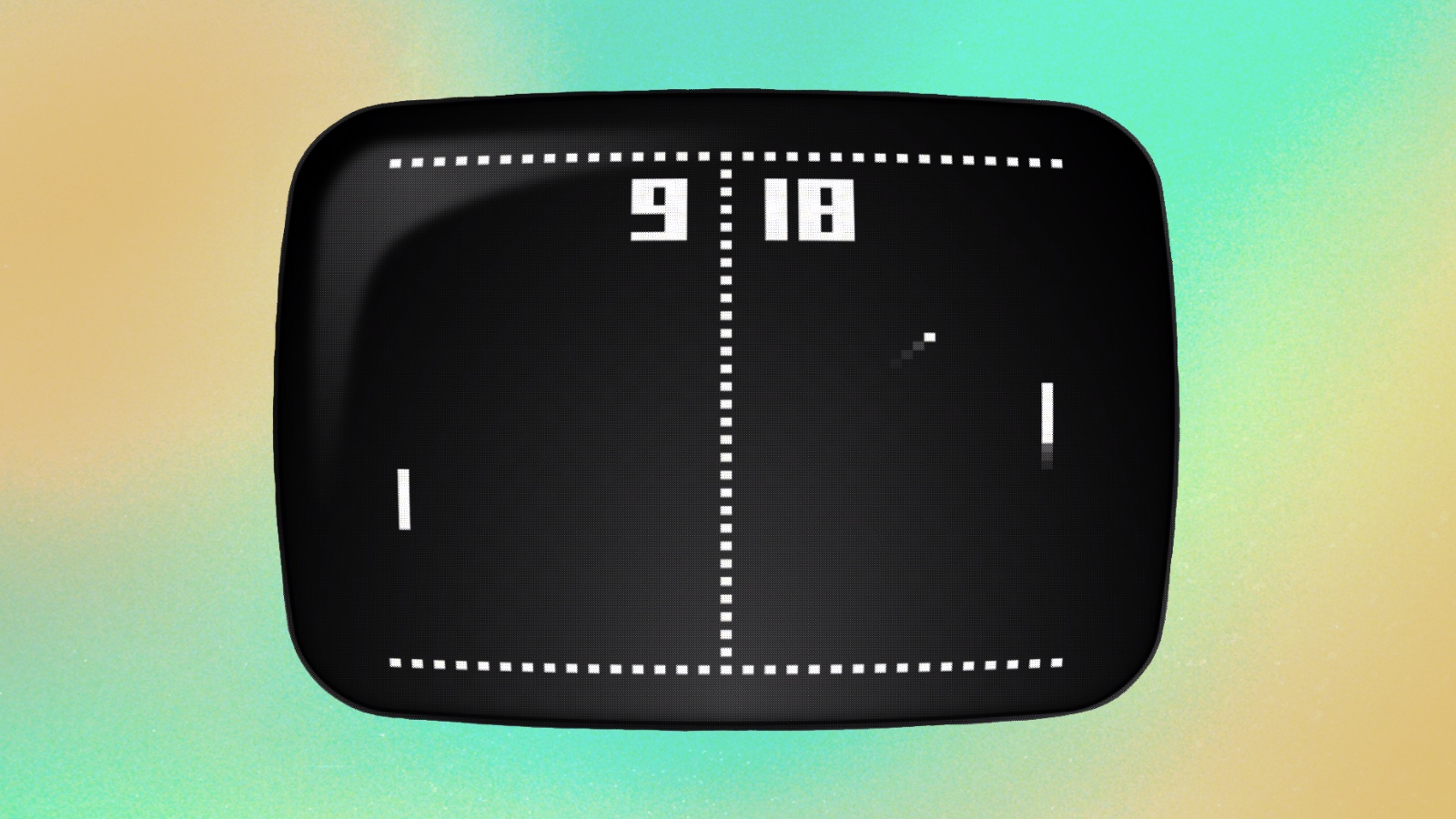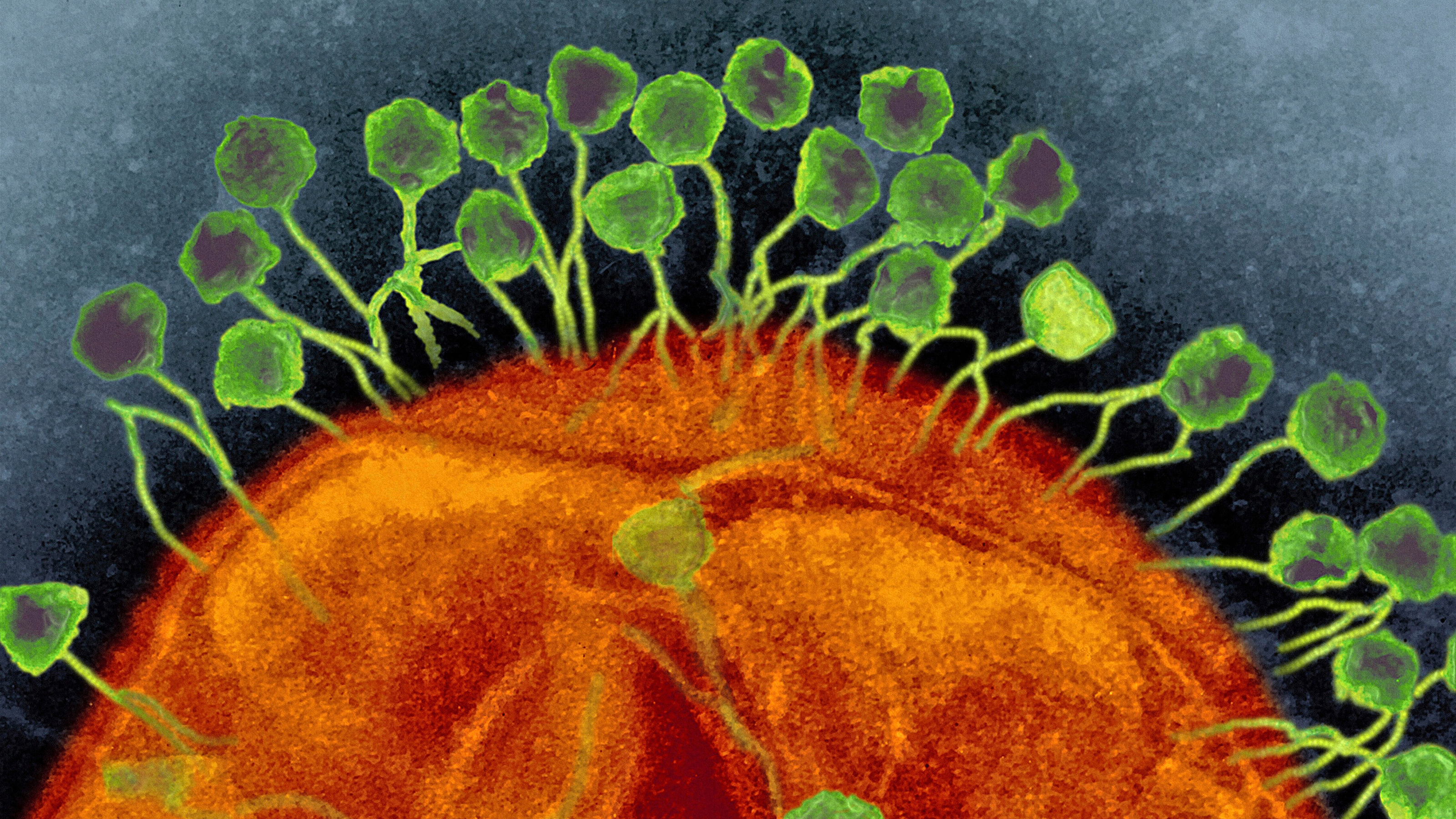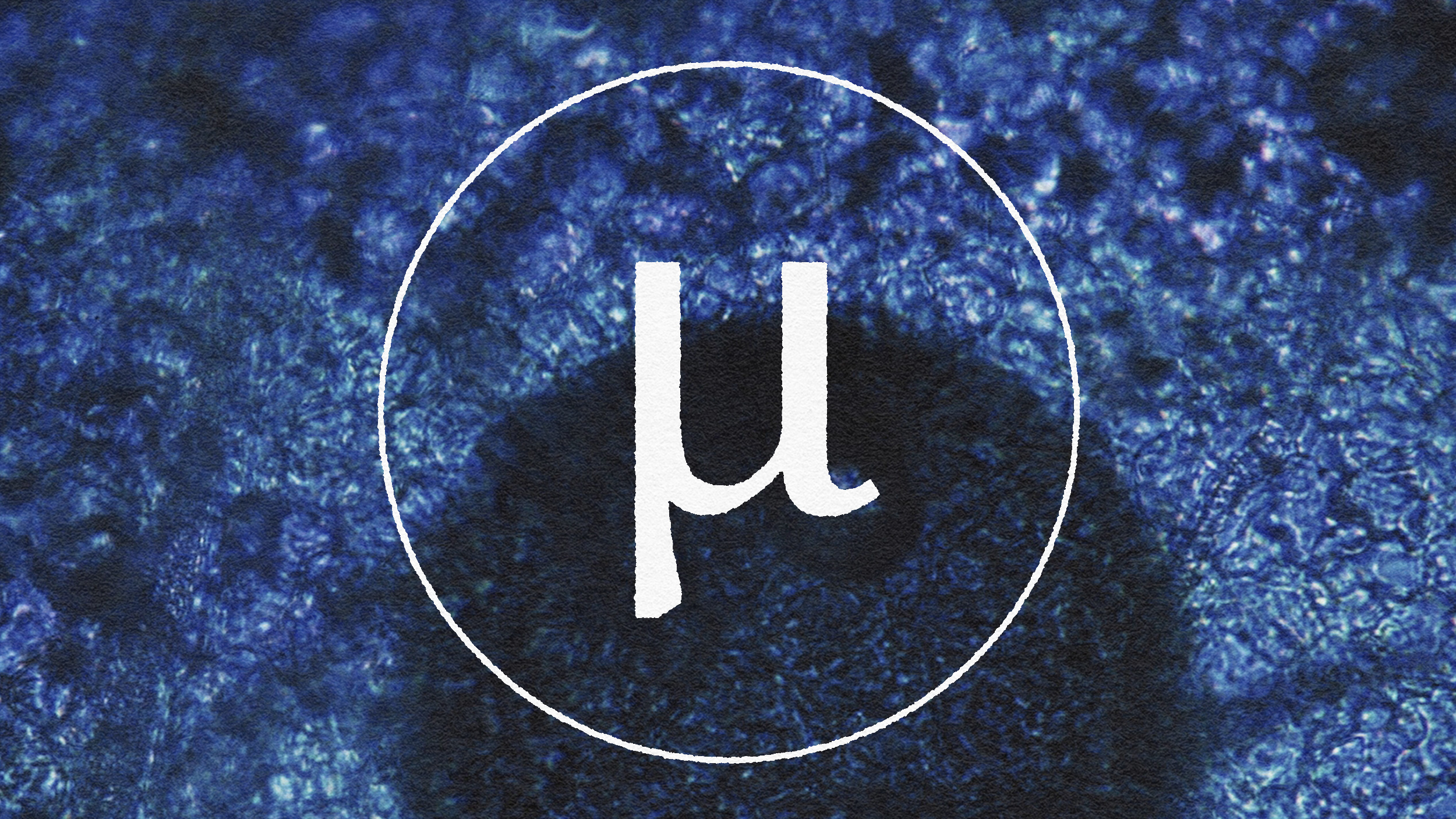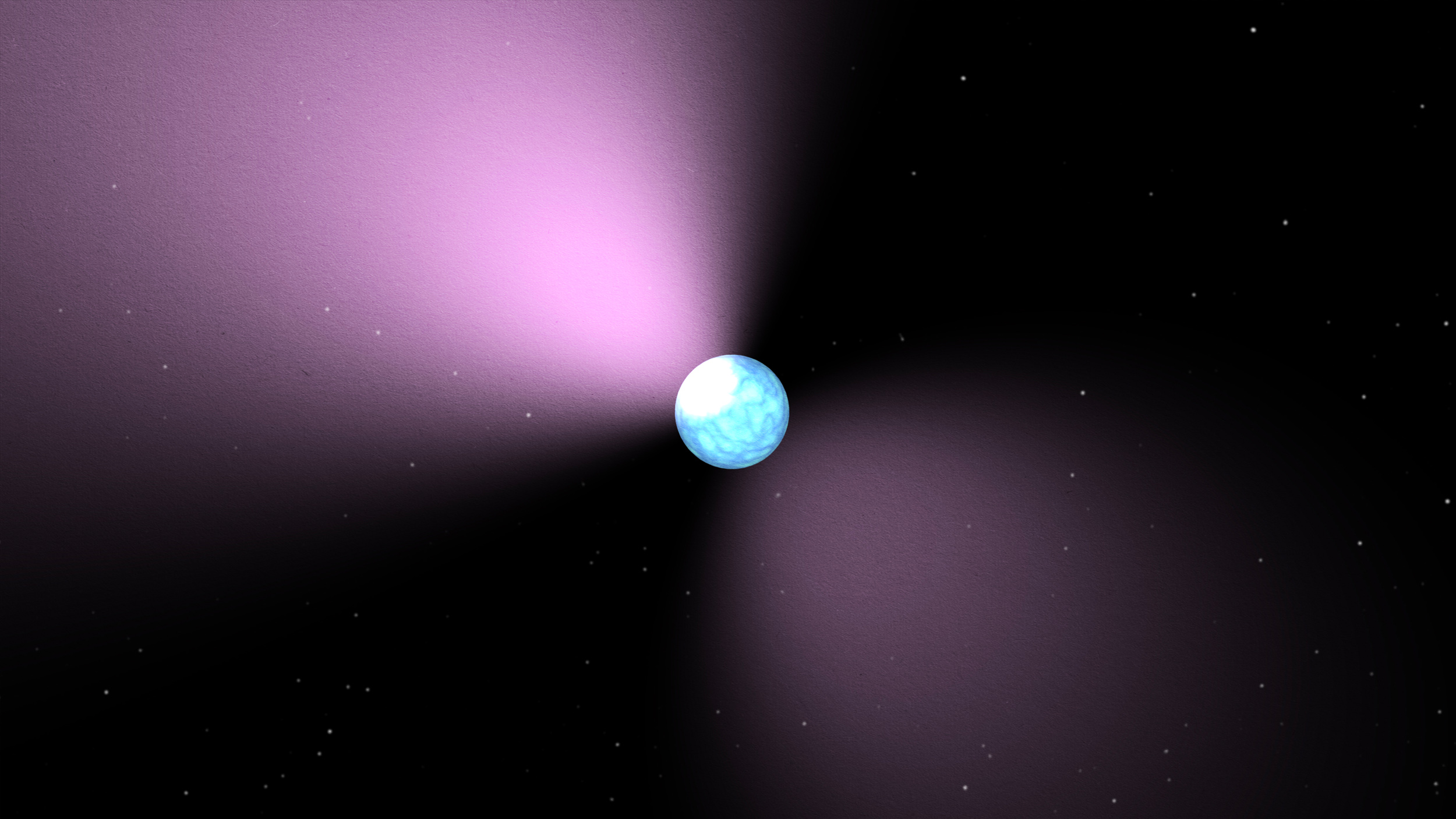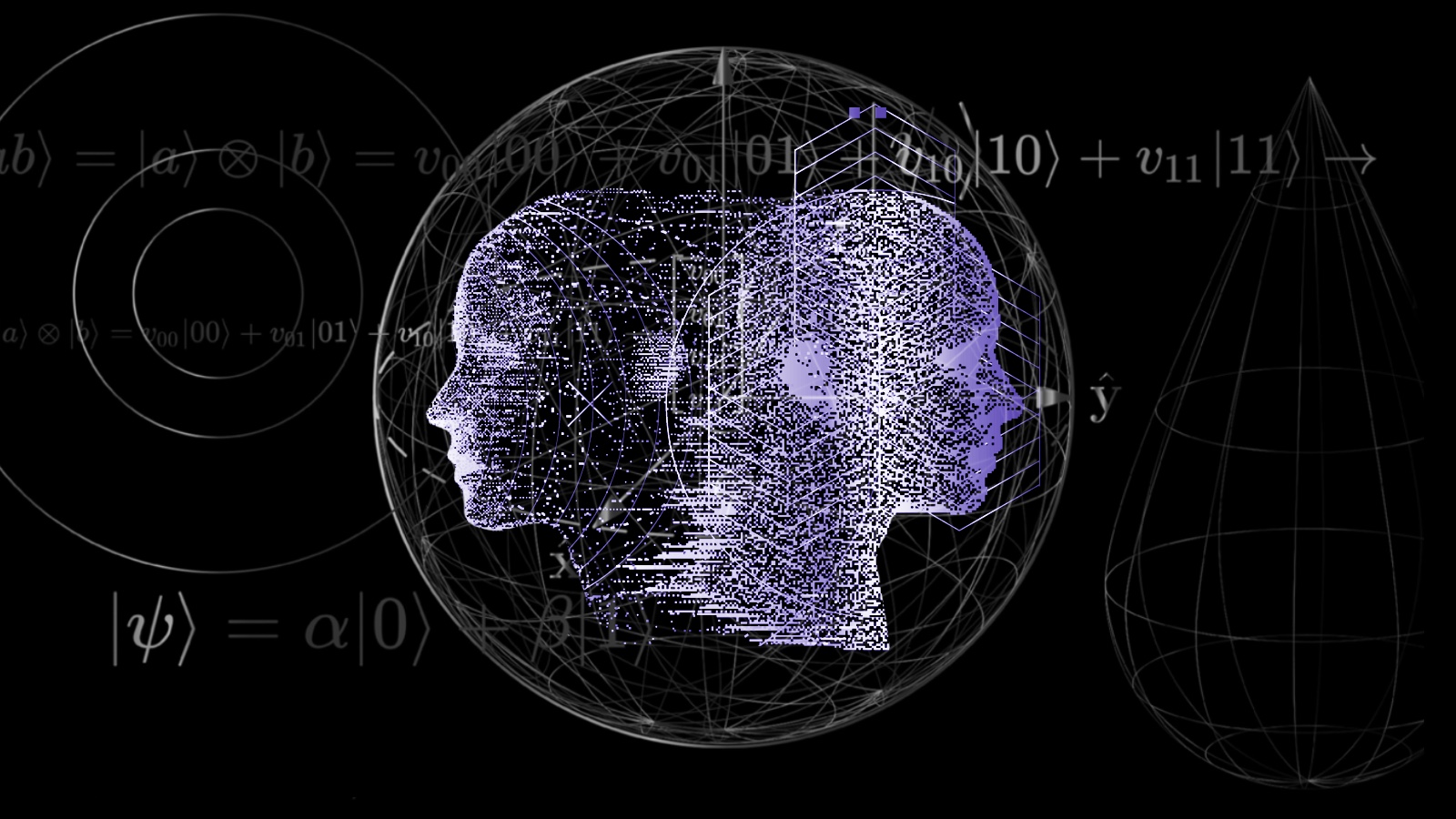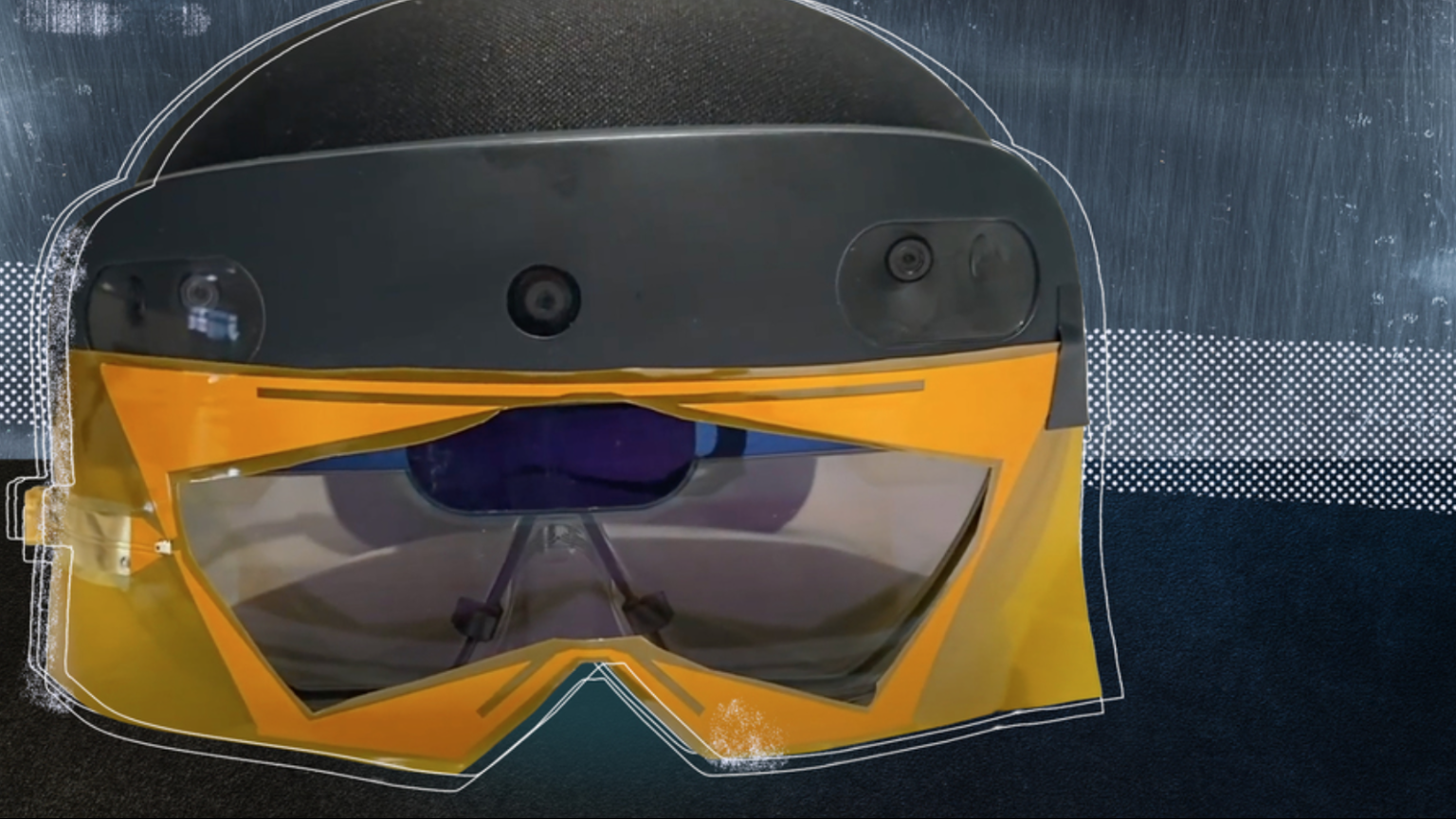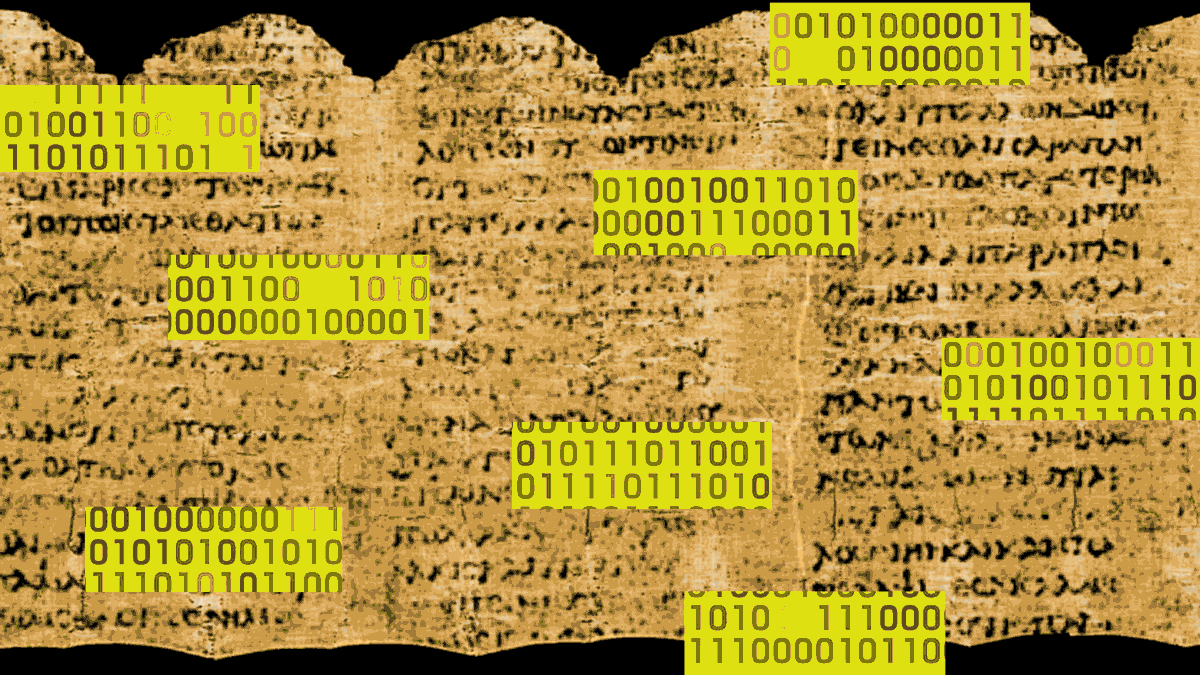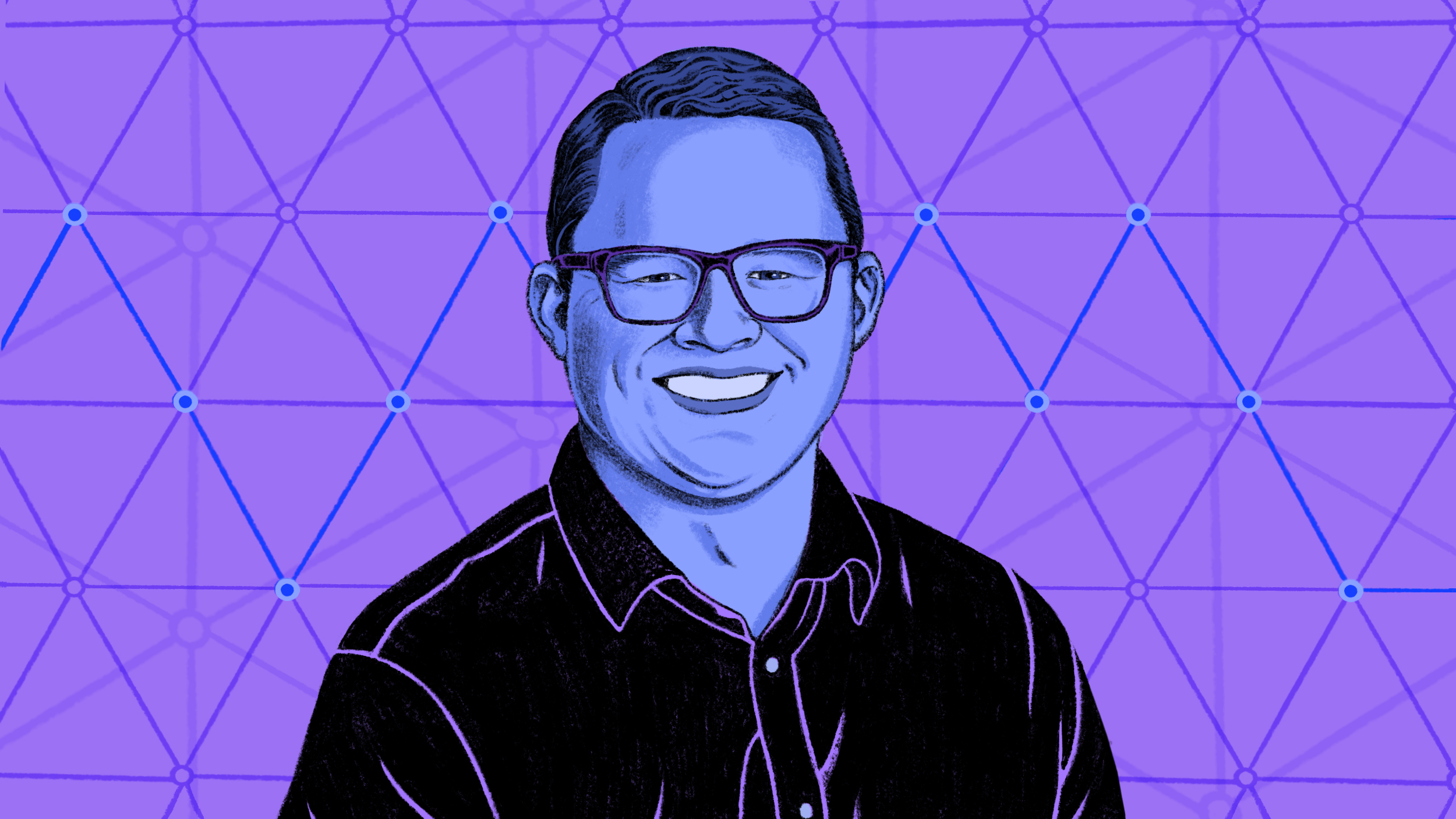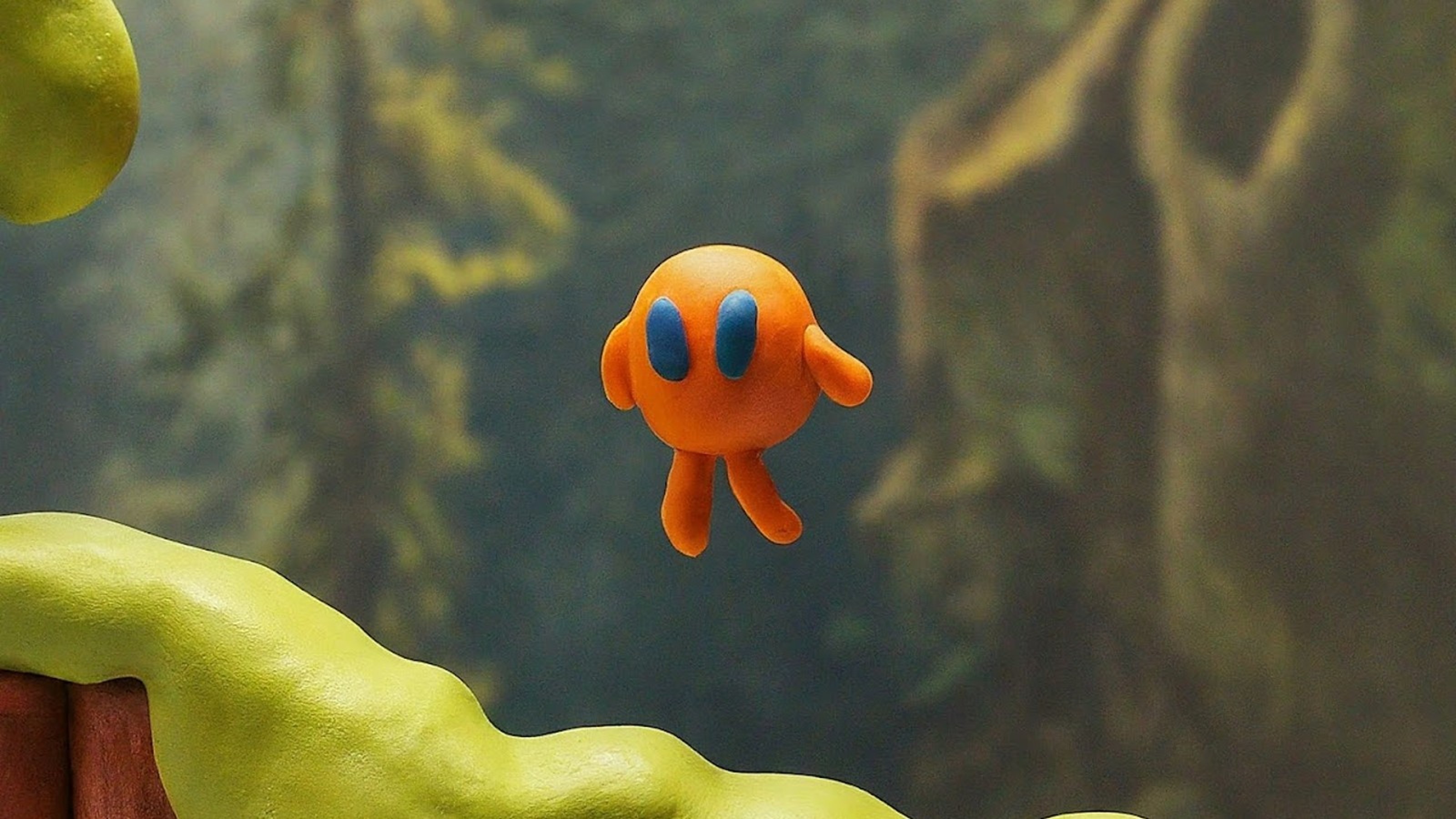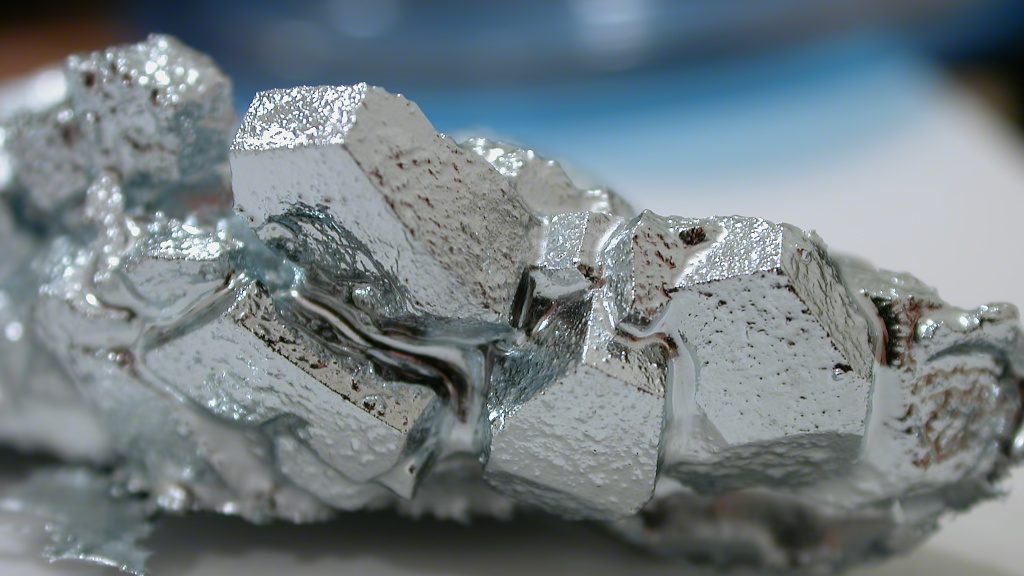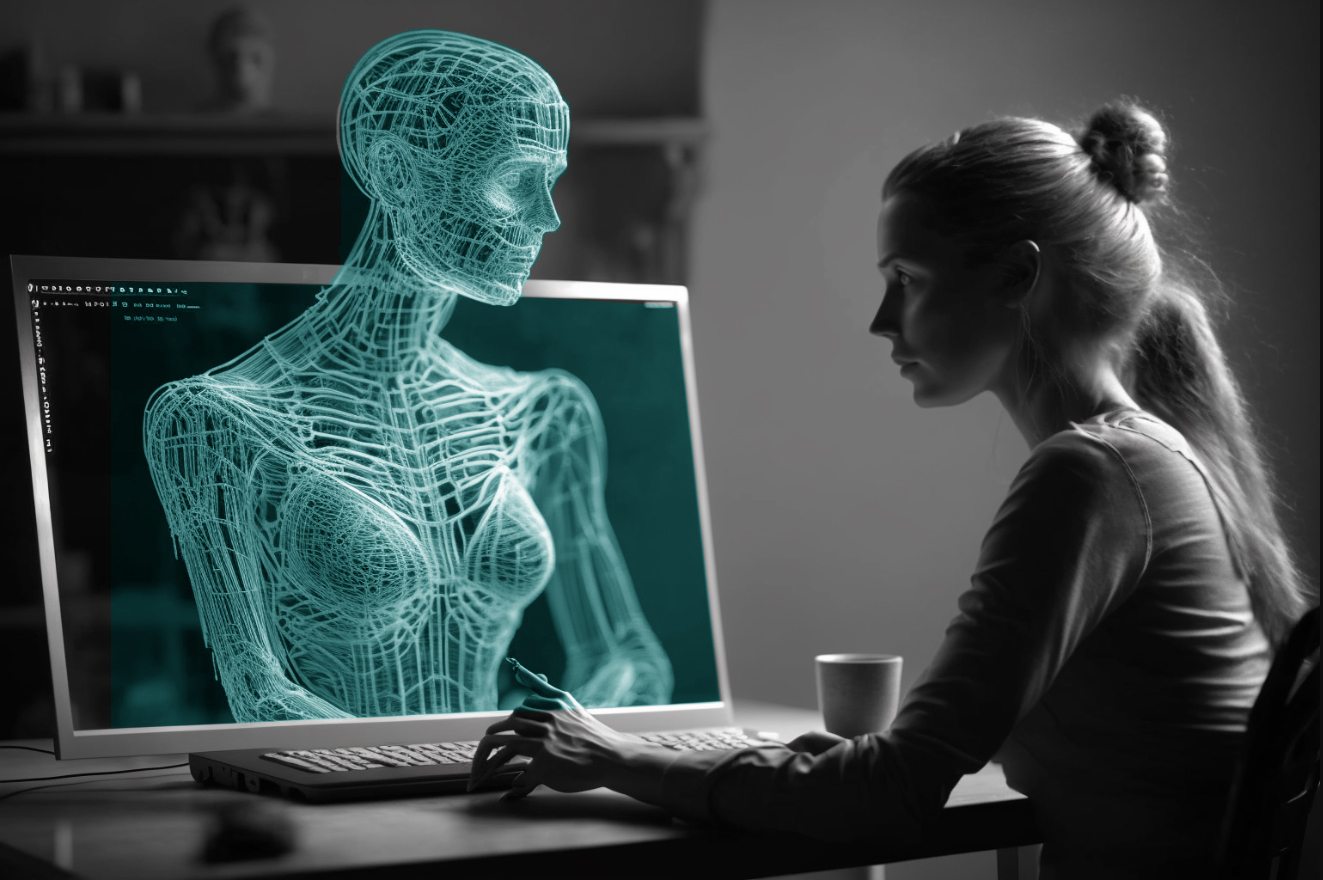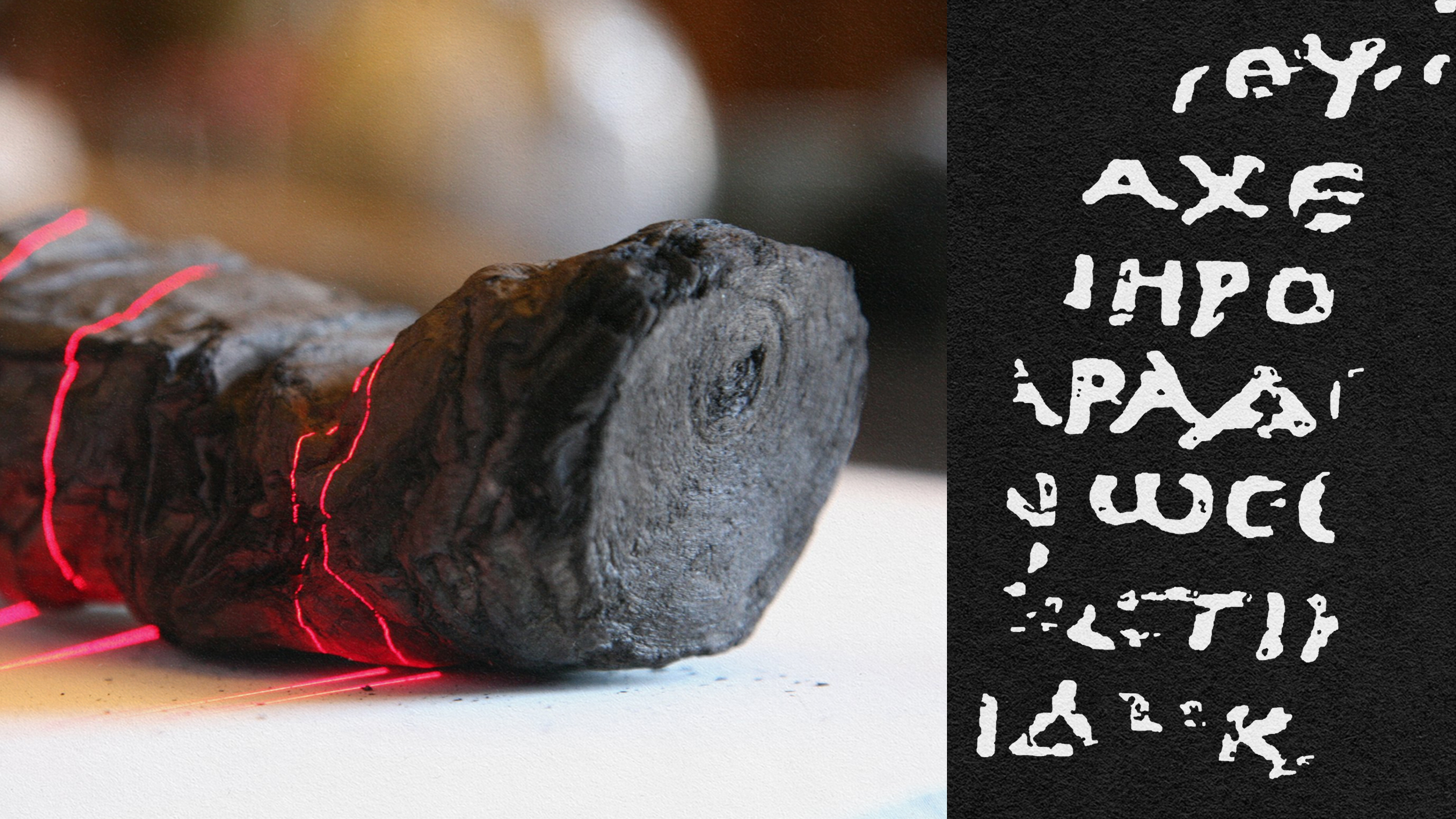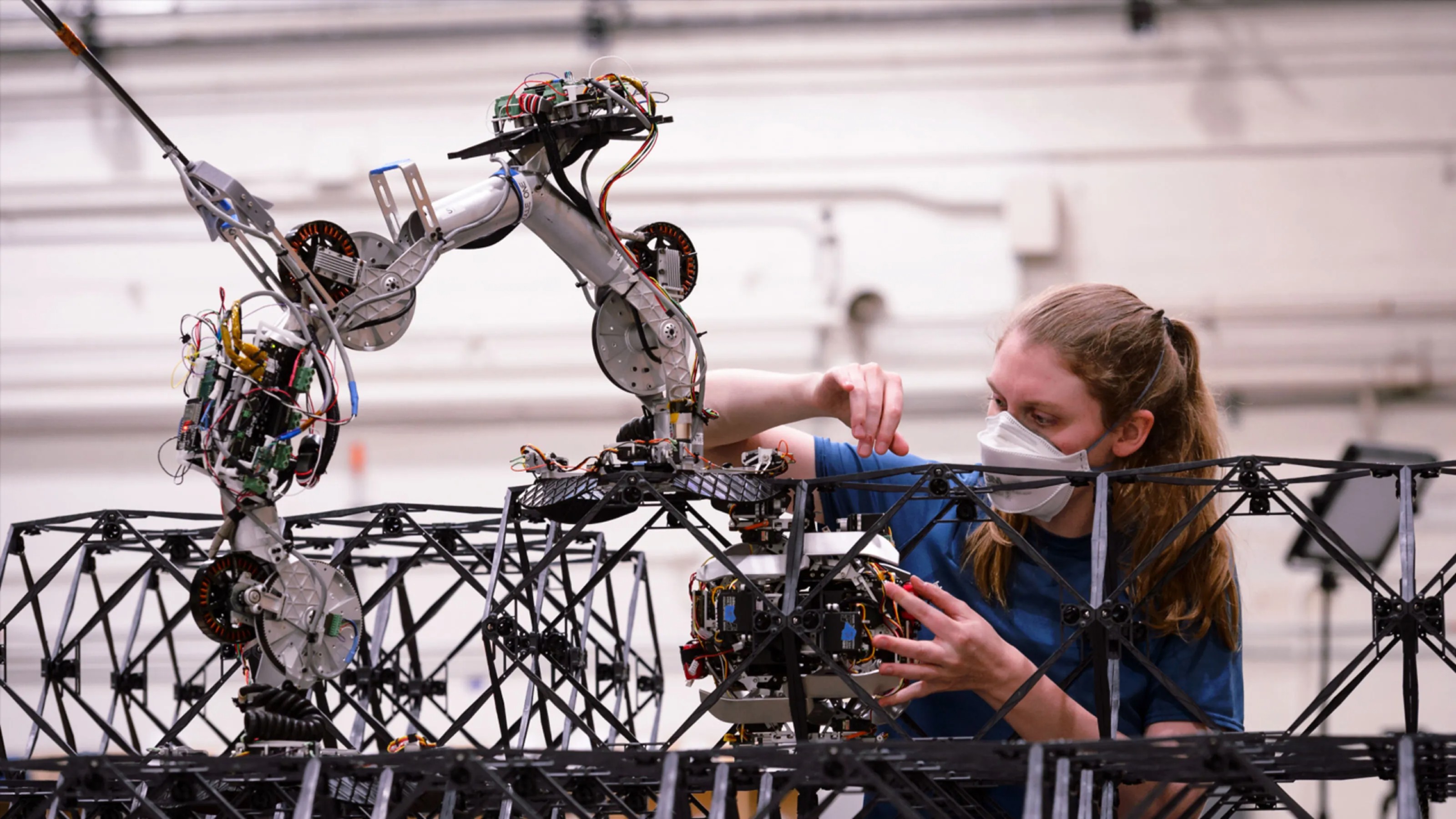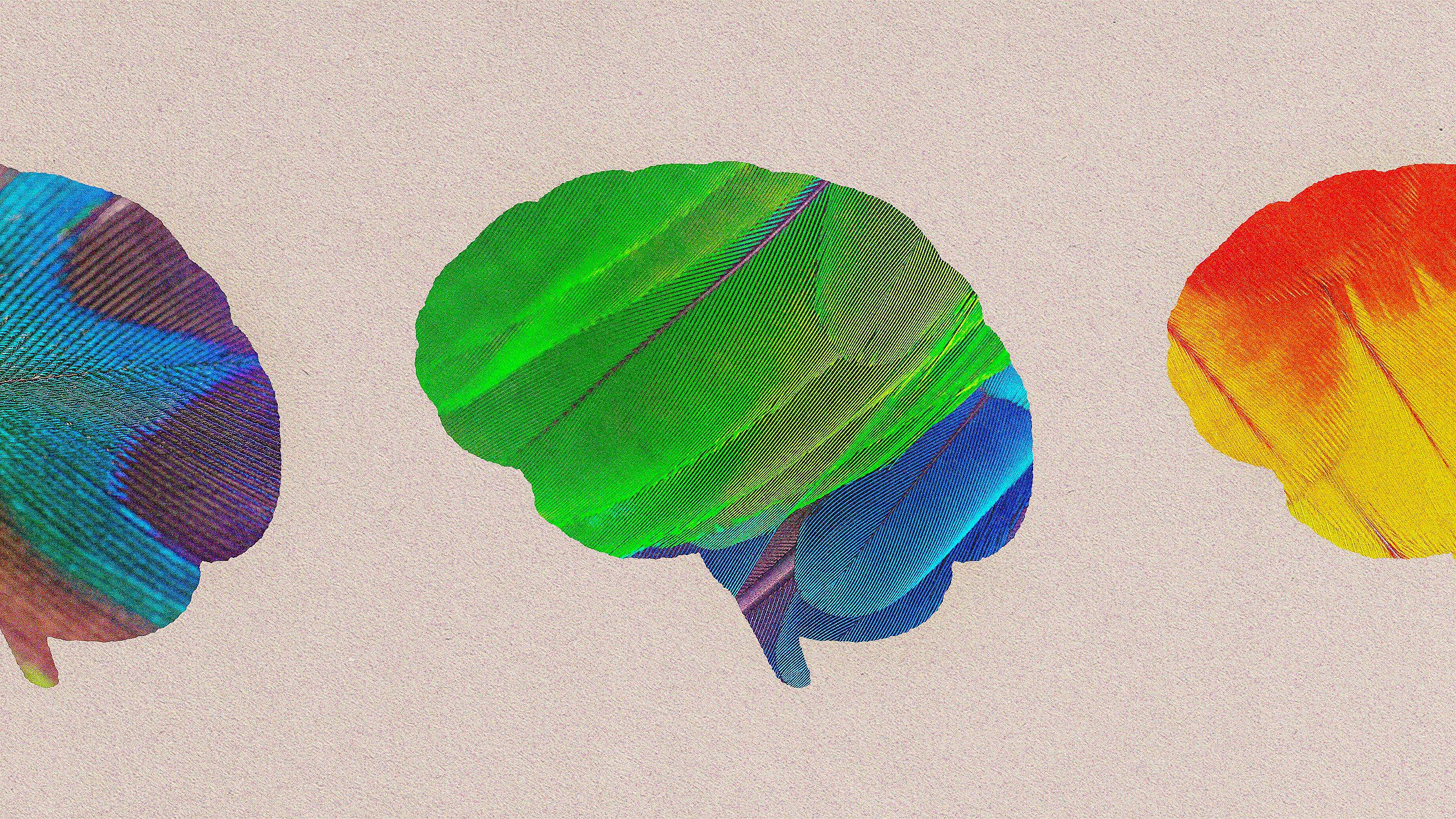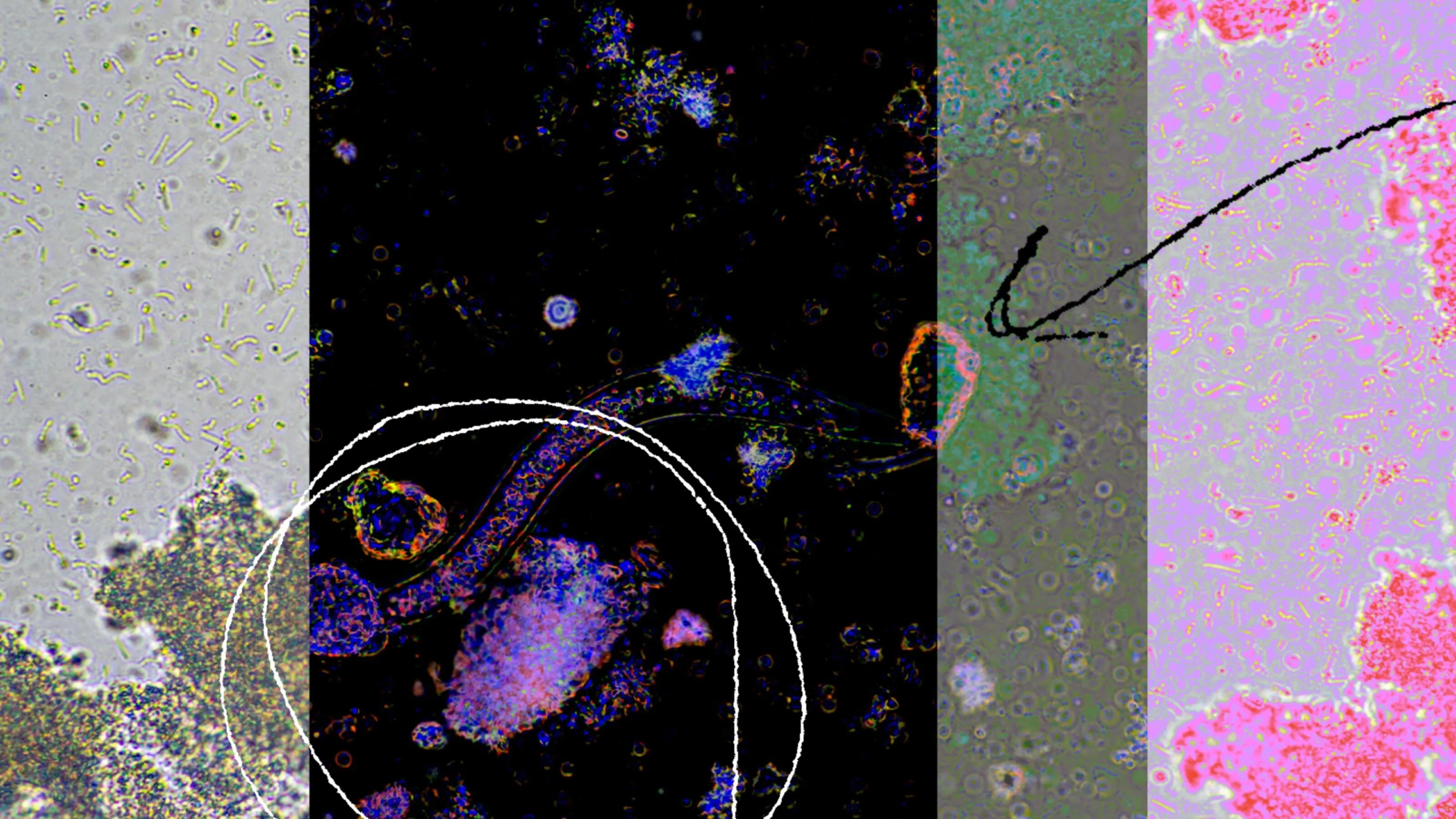A longstanding mismatch between theory and experiment motivated an exquisite muon measurement. At last, a theoretical solution has arrived.
Search Results
You searched for: Computers
Godfrey Hounsfield’s early life did not suggest that he would accomplish much at all.
“We do not experience primarily because we have brains; we experience because we are alive.”
American students are being compelled to specialize earlier and earlier. Here’s what it takes to build a successful physics foundation.
The researchers suggest that their results demonstrate intelligence in silico.
Twin Health lets patients with diabetes see what’s happening inside their own body and can model each patient’s unique metabolism.
Why human attempts to mechanize logic keep breaking down.
Researchers estimate there may be as many as ten million trillion trillion phages on Earth — that’s 10 with 30 zeros after it.
An average undergraduate student in physics is better than the AI.
Discrepancies between observations and theory regarding subatomic particles called muons may force scientists to rethink the quantum world.
Artificial general intelligence will not arise in systems that only passively receive data. They need to be able to act back on the world.
Ultracold gases in the lab could help scientists better understand the universe.
Maybe the brain isn’t “classical” after all.
People naturally judge fact from fiction in offline social settings, so why is it so hard online?
Implanting machine components into human bodies, argues one scholar, could make for a better society.
“It can truly allow you to see the physical world in ways that were not possible before.”
These scrolls are the only remaining intact library of ancient Rome — and they will crumble at a touch.
Is mathematics woven into the very fabric of reality? Or is it merely a product of the human mind?
New tech is a double-edged sword. Integration can be expensive and perilous: Mess up the adoption and jobs are on the line.
The technology is not a replacement for human labor — it’s a way to complement existing human tasks.
Google’s “Genie” could be used to create a wide range of interactive environments for more than just games.
Our state of extreme social interconnectedness has rapidly accelerated the rollercoaster pace at which societal confidence may collapse.
It’s been 65 years since Richard Feynman saw “plenty of room” in the nano-world. Are we finally getting down there?
Bend it. Stretch it. Use it to conduct electricity.
The danger posed by conversational AI isn’t that it can say weird or dark things; it’s personalized manipulation for nefarious purposes.
The volcano’s historic eruption preserved an ancient library, but rendered its content illegible. A public competition aims to change that.
NASA gave three robots plans for a moon shelter, and the robots figured out how to build it.
The transformational change driven by AI will elevate neurodiversity inclusion as an organizational asset, argues Maureen Dunne.
We don’t yet know if these strange “obelisks” are helpful or harmful.
